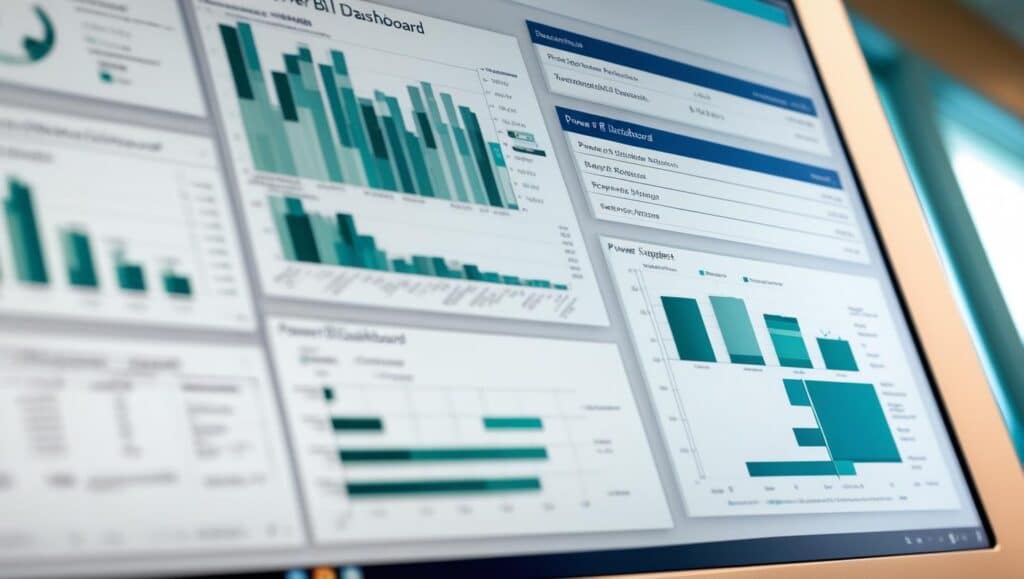
Many hospitals find it difficult to optimize staffing levels for their operations. This can be due to any number of variables that become even more extreme as the size of a hospital increases – an influx of patients can throw off carefully planned schedules; certain cases extend way past their estimated closing times; and missing staff or equipment can delay case starts. With so many variables, hospitals must constantly measure and improve their efficiency in order to maximize revenues.
Sterile Processing and Endoscopy departments have a particular challenge in ensuring flexible endoscopes are used and then reprocessed in an efficient manner. With certain endoscopes being requested for use multiple times a day, and with high-level disinfection cycles taking two or more hours to complete, staff in many hospitals face a serious challenge in preparing endoscopes for their next case. Many hospitals resort to costly tactics in order to ensure they have scopes available when they need them, such as buying extra scopes or overstaffing during certain times of the day.
Instead, one large academic medical center used data from their iRIScope endoscope tracking software to optimize their operations and improve scope reprocessing times. When they first started using the software to measure their reprocessing cycle times, they found that it took over 3 hours to reprocess the average endoscope and have it ready for its next use. By looking closer at the data in iRIScope, they were able to identify bottlenecks in reprocessing and assess where they could make the biggest improvements.
One of the hospital’s key findings was that during certain busy parts of the day when the most scopes were coming in for reprocessing, they were understaffed compared to other parts of the day when less endoscopes were coming in for reprocessing. They used that data to shift a few staff members’ schedules to make sure they were properly staffed for the busiest times. Based on these staffing changes and a couple other adjustments made after looking at the data, they reduced their average endoscope reprocessing time from just over 3 hours to just under 2 hours.
Scope tracking systems such as iRIScope from Mobile Aspects have been introduced in the last several years to automate the documentation of the entire endoscope usage lifecycle. These systems automatically record all of the usage and reprocessing activity associated with each flexible endoscope to create an all-electronic audit trail. As discussed above, this audit trail provides numerous benefits to your Endoscopy practice in the areas of operational efficiency. For busy Endoscopy departments and Operating Rooms that can go through dozens of endoscopes per day, having a software system that can keep an eye on scope efficiency and safety can be a huge benefit to department administrators.
Related posts:
- SurgiCart: Redefining Supply Chain Efficiency in Healthcare
- Enhancing Patient Safety and Regulatory Compliance: The Future of Endoscope Management with iRIScope
- Revolutionizing Endoscope Management with iRIScope: Ensuring Compliance with ST91 Standards
- The Hidden Risks in Endoscope Management—And How to Fix Them
